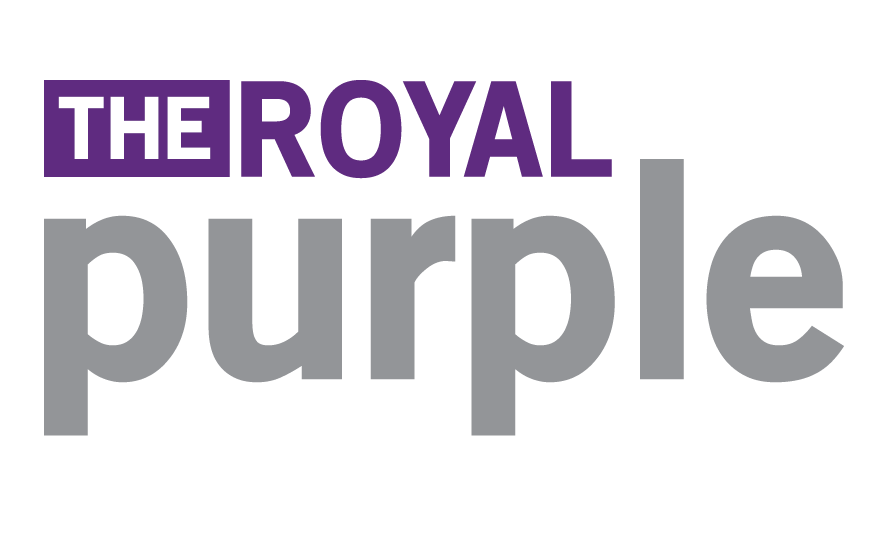A call on others to act sooner, where Joel Osteen failed: Open the gates
September 12, 2017
Rick and Morty voice actor Justin Roiland joined many others in criticizing to Lakewood Church pastor Joel Osteen’s decision to wait on allowing Houston residents affected by Hurricane Harvey to take shelter within his megachurch.
But rather than dishing out harsh criticisms or calls to action, Roiland partnered up with the team of H3 Podcast and targeted Osteen’s televangelist telephone prayer line with a nonsensical prank call.
Lakewood Church, a building which Osteen said had floodgates installed after his family bought the facility in 2003, formerly housed the Houston Rockets basketball team. In his response, Osteen said that if he had allowed thousands of storm-soaked refugees to enter the building as floodwaters were still rising, their lives might have been at risk.
Lakewood Church can seat 16,800 people in its ministry center, according to its official website.
Church representatives had for days been saying the building was inaccessible due to floodwaters, although photos of the grounds outside the church showed rain-soaked streets without water surges.
Osteen’s argument was that had refugees been allowed to take shelter sooner than Aug. 29, and had the first floor of the building flooded, many people might have lost their lives. He added he would rather take the heat from critics for waiting to help instead of “being foolish” and allowing people into the building too soon.
While the first floor potentially could have flooded, Lakewood Church has four floors in total.
Osteen and other officials exercised caution by waiting to accept refugees, inextricably putting thousands of lives at risk by allowing people to seek shelter elsewhere for four days.
Volunteers from Lakewood Church set up countless air mattresses inside the building and have since offered aid to residents affected by Hurricane Harvey, and Lakewood Church has been donating proceeds from several fundraisers toward relief efforts. It isn’t the first time the non-denominational church has offered aid, as the ministry allowed at least 5,000 people to take shelter in its previous facility in 2001 during Tropical Storm Allison.
The hearts of the volunteers and officials seem to be in the right place, but it took longer than it should have to begin assisting in the aftermath of Harvey.
Osteen has said he doesn’t listen to critics on social media and claims many of them aim to discredit his ministry. This may be true of some on Twitter whom have accused him of disobeying biblical values or of being falsely religious. But the issue of opening the doors to Lakewood Church sooner is less a question of religion and more a question of common sense.
Some critics, including Greg Locke, a Tennessee pastor, suggested that Osteen opened the doors to his facility after being “shamed” into doing so by critics. Others, such as North Raleigh Community Church pastor John Pavlovitz, accused Osteen of exercising “self-serving greed” by not allowing victims of Harvey to enter the church sooner than Aug. 29.
Osteen has taken to multiple media platforms on TV to respond to critics, claiming the doors to his church were never closed to the public; however, some critics have said thousands were not allowed to enter, which suggests otherwise.
Harvey is not the last major storm the U.S. will ever see, and as several other hurricanes, including Irma, continue to pound the Caribbean and southern U.S. with high surges and harsh winds, it is imperative for us to offer aid as quickly and as efficiently as possible to ensure the safety of as many people as possible.
The best way to do that? Using large, multi level buildings such as hospitals, sports facilities, shopping centers and even megachurches as temporary shelters during the midst of natural disasters in the future. In most instances, city officials and first responders open these buildings to the public in times of need, and Joel Osteen should have done the same immediately, rather than as the floodwaters were receding.
Helping one another in times of need should not be circumstantial, it must be absolute and immediate in order to save lives. We as citizens should understand and accept the risks of opening our doors amidst disaster. It is our civic duty to open the gates and to help others.














josephine • Sep 13, 2017 at 11:26 pm
Thanks to all concerned especially when the disaster hit the area. I believe its better late than never Joel osteen may have delayed to open the church but he had his reasons which critics may not understand .on addition to that every story has two sides so he may have done what was appropriate or not so no need of judging one party before hearing from the other. The judge is God because he knows and saw all there hearts and thoughts even before they acted .thanks